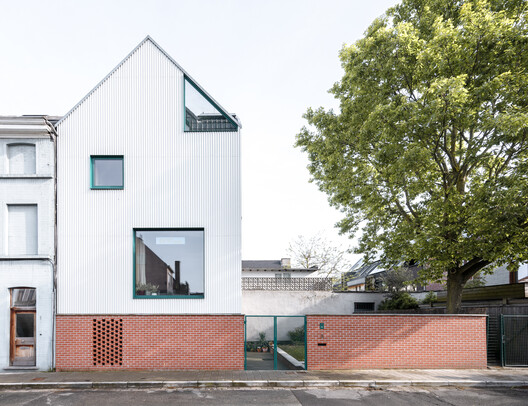Trump seeks peace ceremony spotlight at ASEAN summit
President Donald Trump is willing to attend a summit of Southeast Asian leaders in Malaysia later this month — as long as he gets to showcase his regional peacemaking efforts.
The White House is conditioning Trump’s attendance at the Oct. 26-28 ASEAN meeting on the Malaysian government agreeing to allow Trump to preside over a ceremonial signing of a peace deal between Cambodia and Thailand on the summit sidelines, according to three people familiar with those plans who were granted anonymity due the sensitivity of the topic.
It’s the kind of high-profile event that would give Trump — who has claimed he played a decisive role in ending a deadly five day cross-border conflict between the two countries in July — an international platform to trumpet his bona fides as “peacemaker-in-chief.”
The White House has also specifically requested that summit organizers exclude Chinese officials from the ceremonial event, the people said. Keeping China out would help ensure the spotlight stays on Trump, while also downplaying Beijing’s efforts to mediate between Bangkok and Phnom Penh.
The White House denied that Trump was hinging his presence at the summit on a peace deal ceremony.
“The president is negotiating this peace agreement, but this was not identified as a condition to attend the summit,” said a senior administration official granted anonymity due to the sensitivity of the topic.
But the White House also said that China wasn’t relevant to the ongoing peace negotiations.
“The president negotiated this [peace] deal. … China hasn’t played a role in these negotiations,” the administration official added.
The Chinese embassy didn’t respond to a request for comment.
“Talks are ongoing, but the Malaysian government is in a difficult position,” said one of the three people familiar with summit plans.
For one, Malaysia’s Prime Minister Anwar Ibrahim has already said that Trump’s participation was a done deal in July. Moreover, if he accedes to the request, Anwar runs the risk of appearing like he’s appeasing an American president who’s deeply unpopular in Malaysia.
The Malaysian embassy didn’t respond to a request for comment.
Trump’s campaign to be recognized as an international peace broker has become a driver of U.S. foreign policy. Trump has repeatedly claimed to have ended “seven un-endable wars,” and more recently he played a key role in the latest peace agreement between Hamas and Israel last week. But his actual role in at least two of those conflicts doesn’t support his peacemaking claims per an Associated Press analysis last month.
More broadly, Trump has made no secret of his desire to win a Nobel Peace Prize. And so foreign leaders seeking better ties with the White House have helped fuel that ambition. The government of Pakistan, Israel’s Prime Minister Benjamin Netanyahu and Cambodian Prime Minister Hun Manet have all nominated Trump for the 2025 Nobel Peace Prize. Trump said last month that it will be a “big insult” if someone other than him gets the 2025 Nobel Peace Prize on Friday.
Trump’s demands put Malaysia in a bind. Anwar needs to avoid offending Trump as the Malaysian leader seeks a trade deal that he hopes will lower the current 19 percent U.S. tariffs on Malaysian imports. Analysts say those tariffs will pound electronics and furniture exports and cut annual economic growth by up to one percent over the coming year. But Kuala Lumpur doesn’t want to insult Beijing — the country’s biggest trading partner and a major source of foreign investment — at a time when Trump’s aggressive trade policy is sending ripples across the global economy.
And Anwar may be leery of the optics of doing diplomatic favors for a U.S. leader who’s widely disliked by the Malaysian public. Anwar has fought off political pressure to disinvite Trump over his support for Israel while public anger over U.S. backing for Israel’s Gaza offensive has sparked angry protests outside the U.S. embassy in the Malaysian capital.
Both Thai and Cambodian leaders credit Trump for helping to slam the brakes on the border dispute that killed dozens and displaced almost 300,000 civilians. White House intervention included calls to the leaders of both countries threatening steep tariffs if the fighting didn’t stop. Trump has declared that pressure vital to getting the two sides to stop fighting. “After the involvement of President Donald J. Trump, both Countries have reached a CEASEFIRE and PEACE… I am proud to be the President of PEACE!” Trump said on Truth Social after the two sides agreed to a ceasefire on July 28.
But the durability of that peace is uncertain. Thai and Cambodian forces briefly exchanged gunfire last month and Thailand’s refusal to reopen border crossings underscores a level of ongoing distrust between the two countries.
The Thai and Cambodian embassies didn’t respond to requests for comment.
“The Malaysians seem to think Trump will still show up if they can finalize the U.S.–Malaysia trade deal, even without the Cambodia–Thailand piece,” said one of the three people with knowledge of the situation. “Though White House folks are still saying Malaysia is ‘up in the air,’ both on account of the trade deal and the peace deal being soft.”
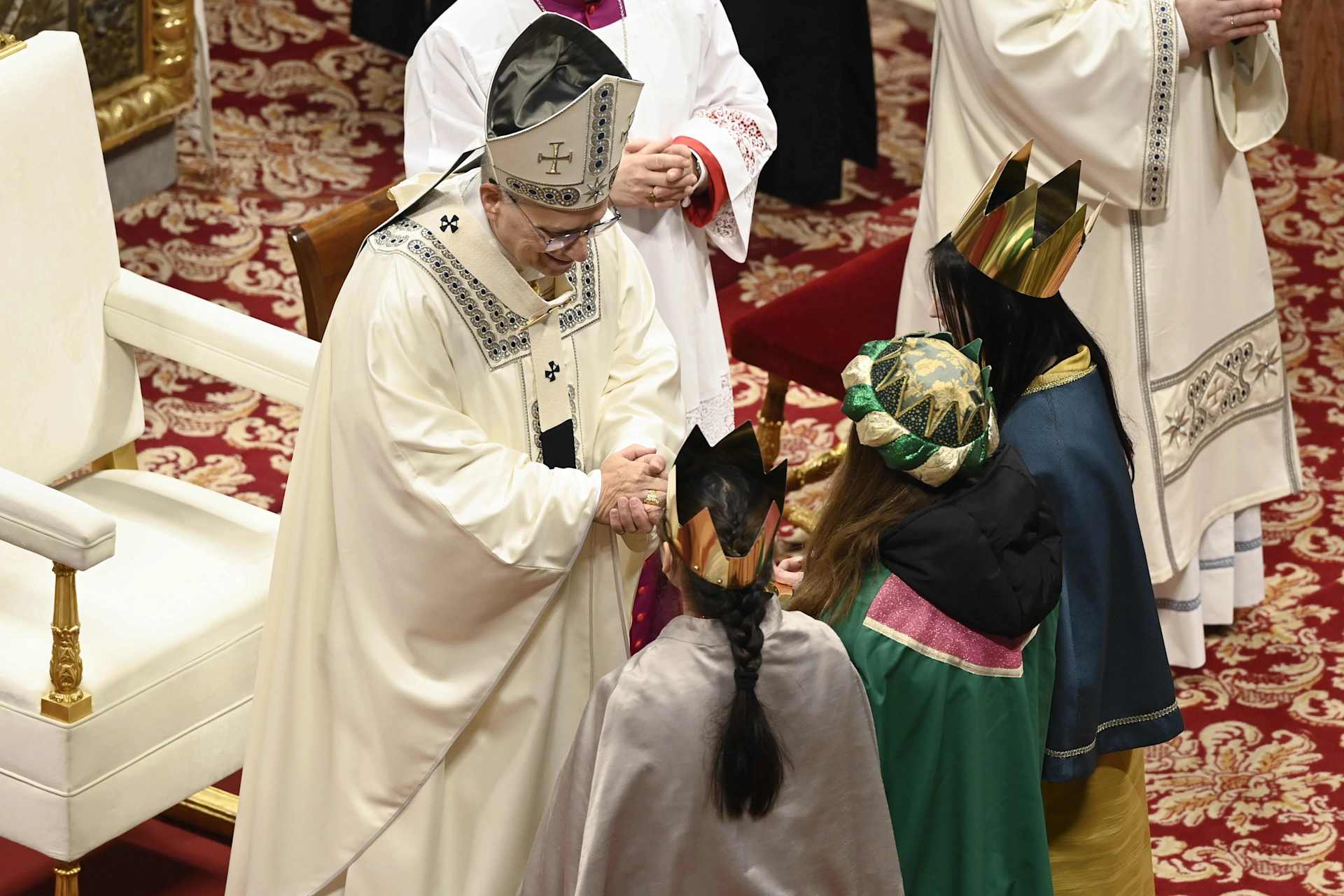
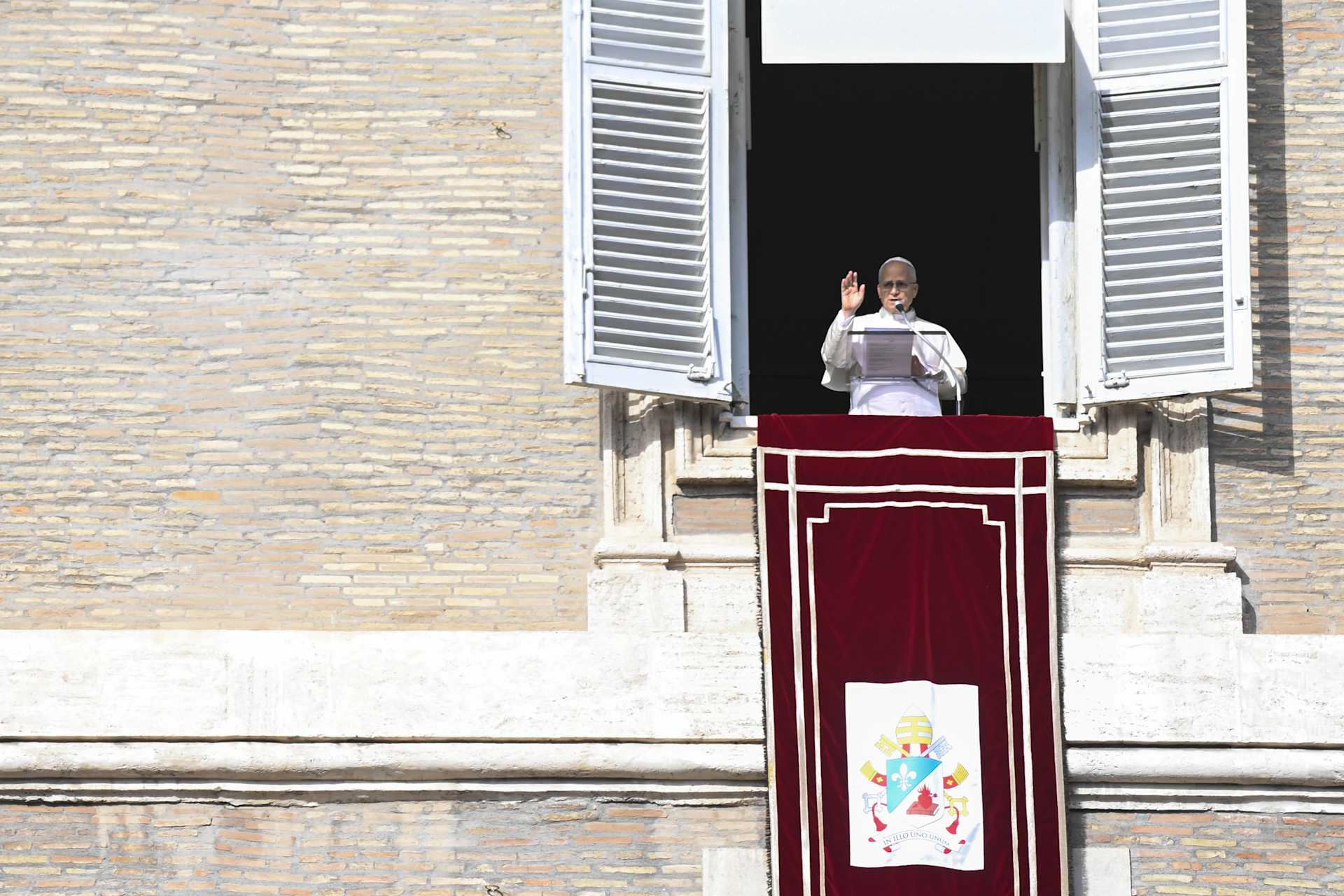
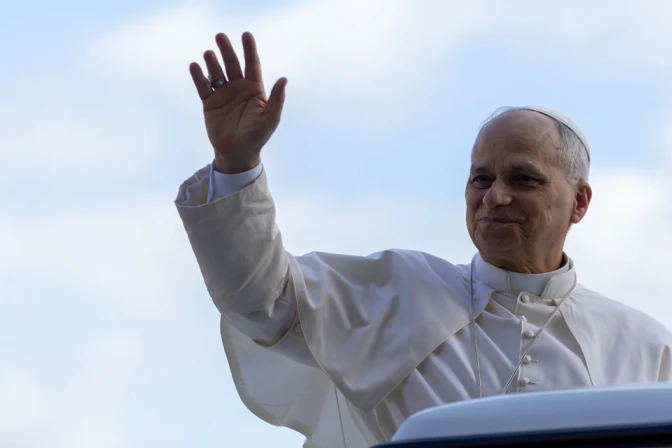
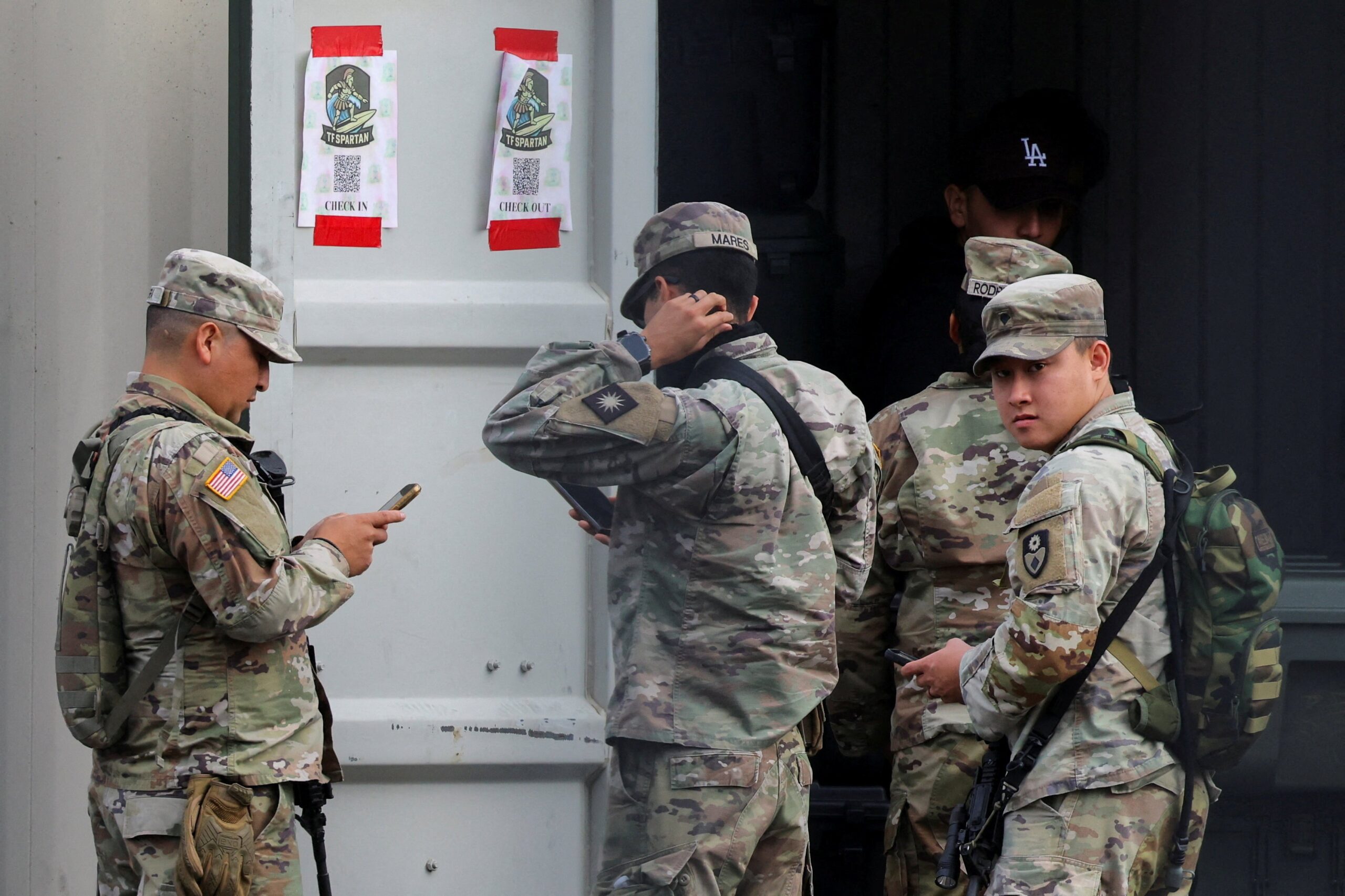
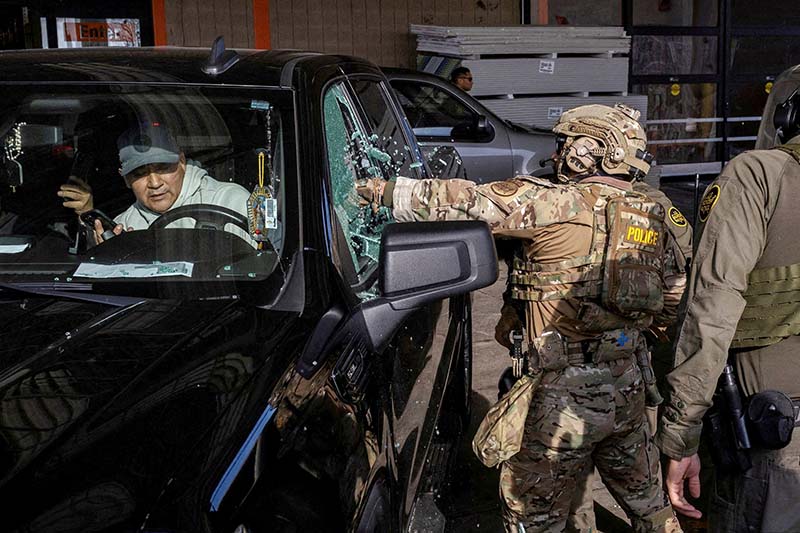



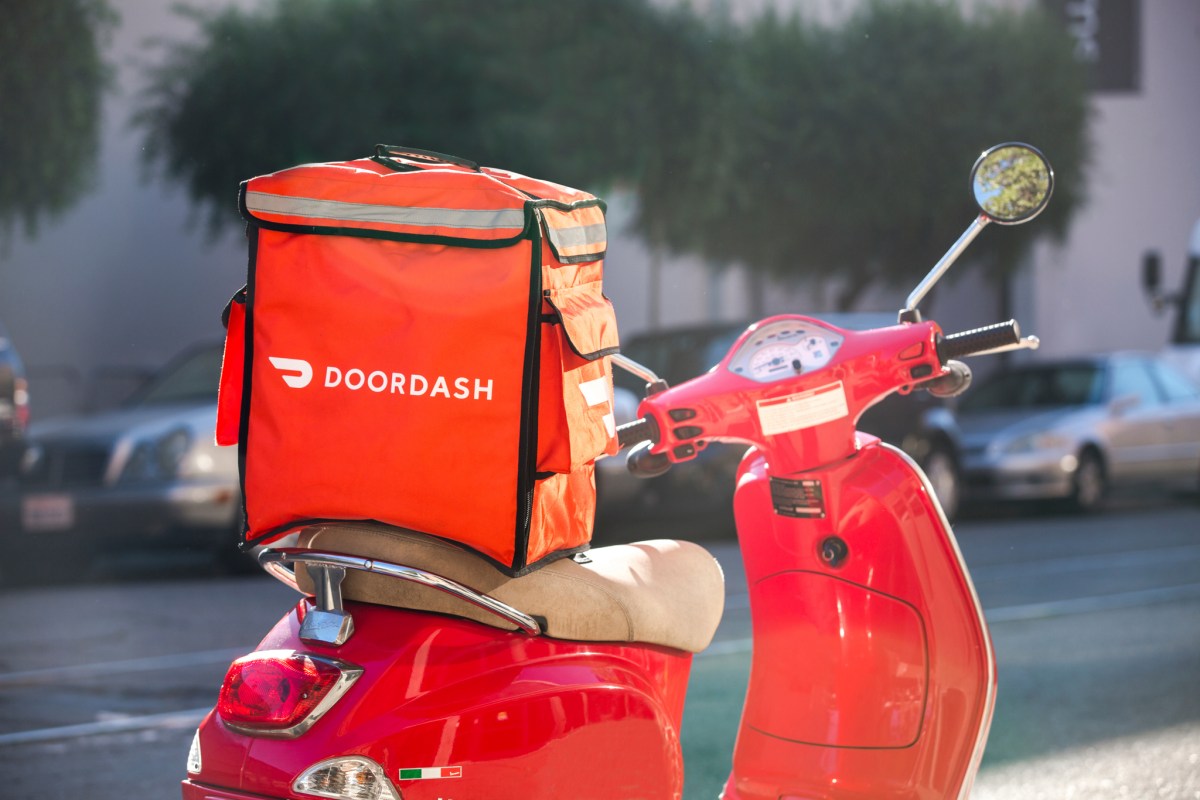











:quality(85):upscale()/2023/09/18/918/n/1922398/a1136b676508baddc752f5.20098216_.jpg)
:quality(85):upscale()/2025/10/09/670/n/1922283/00b944c868e7cf4f7b79b3.95741067_.jpg)
:quality(85):upscale()/2025/10/15/765/n/1922398/29c37a6e68efd84bb02f35.49541188_.jpg)
:quality(85):upscale()/2025/09/09/891/n/1922283/7222624268c08ccba1c9a3.01436482_.png)





